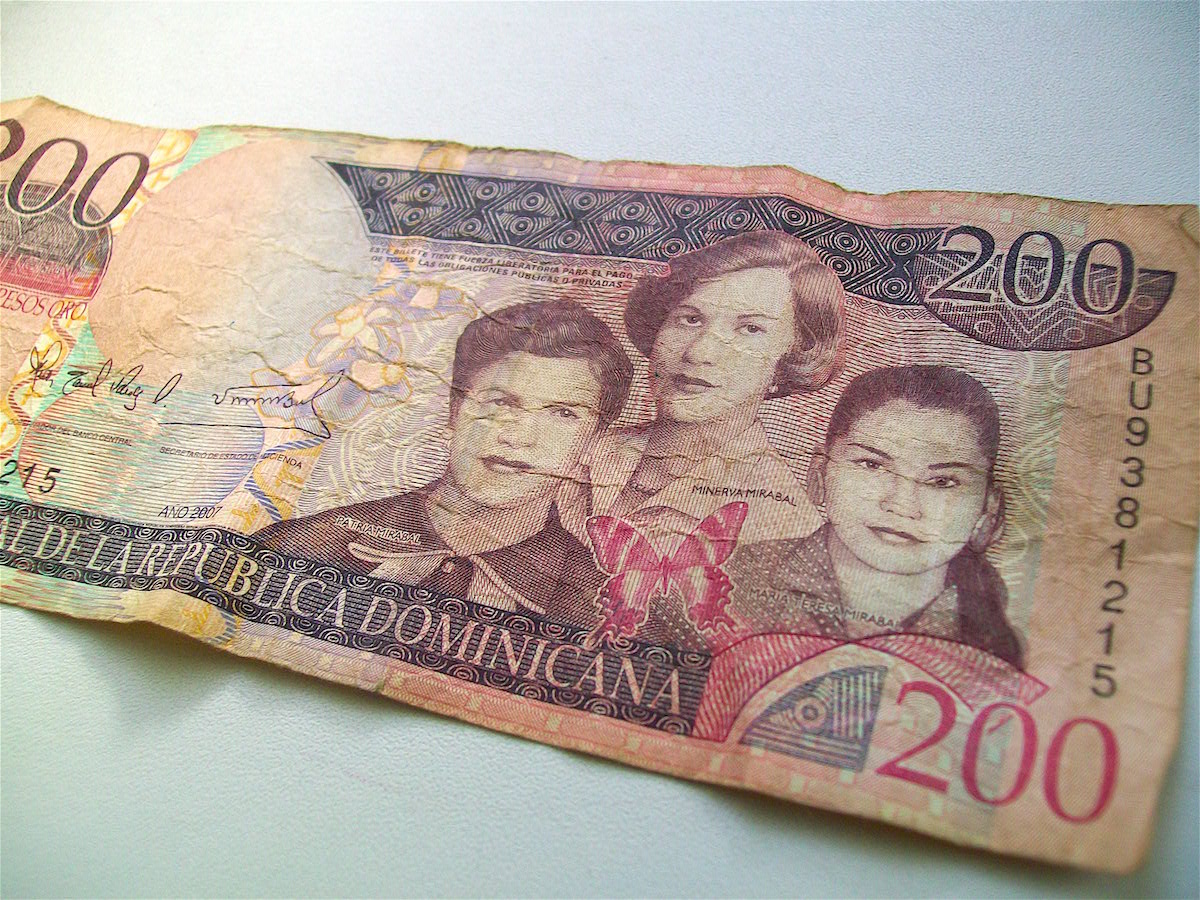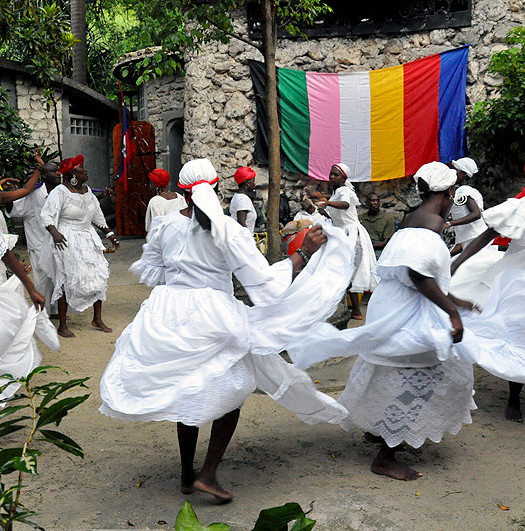“Si me matan…Yo sacaré mis brazos de la tumba y seré mas fuerte”
“If they kill me… I’ll reach my arms out through my tomb and I’ll be even stronger.”
– Minerva Mirabal
The Dominican Republic of the 1950s was a totalitarian nightmare. Obsessively controlled by cruel dictator Rafael Trujillo — a man for whom no slight was too small, no grudge too big — the nation’s citizens quickly grew fearful of expressing any dissent. It was not until a group of sisters slapped Trujillo in the face (both literally and figuratively) that the nation finally found the courage to follow their example and oust the despot.
These women were the Mirabal sisters. And they willingly gave their lives to end Trujillo’s reigning torture.
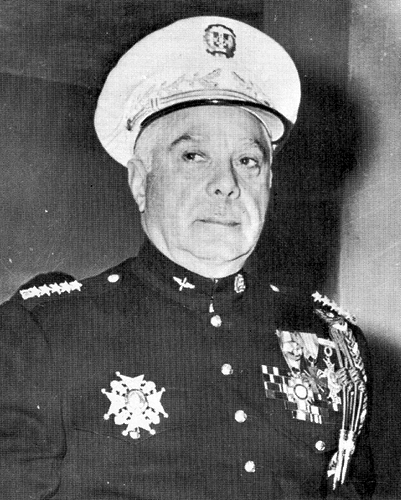
The Mirabals were from a relatively well-to-do provincial family. The sisters — Minerva, Patria, Maria Teresa, and Dede — all went to Catholic boarding school, married good men, had children, went to church… in short, not obvious candidates for revolutionaries.
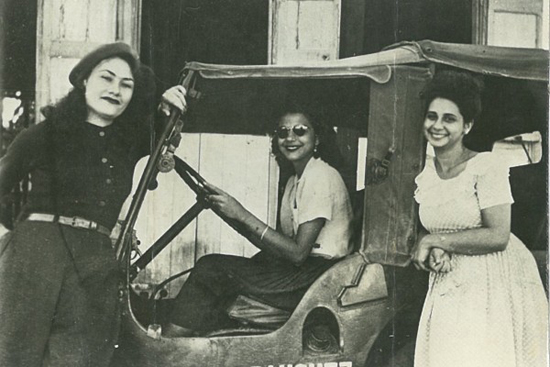
But Trujillo was a true monster. He used his secret police and extensive spy network to keep the nation’s eyes open and mouths shut. He owned or directly controlled much of the country’s most vital utilities — the radio, the mail, the press, the airlines, and the passport office. Those who spoke out against him often died in unexplained, brutal circumstances1.
One of the most infamous episodes of his dictatorship (which first influenced Minerva) was the massacre of thousands of Haitian citizens in 1937. Trujillo’s soldiers murdered Haitians working as sugar cane cutters or living in Dominican territory. Estimates of the men, women and children killed range from 13,000 to 20,000
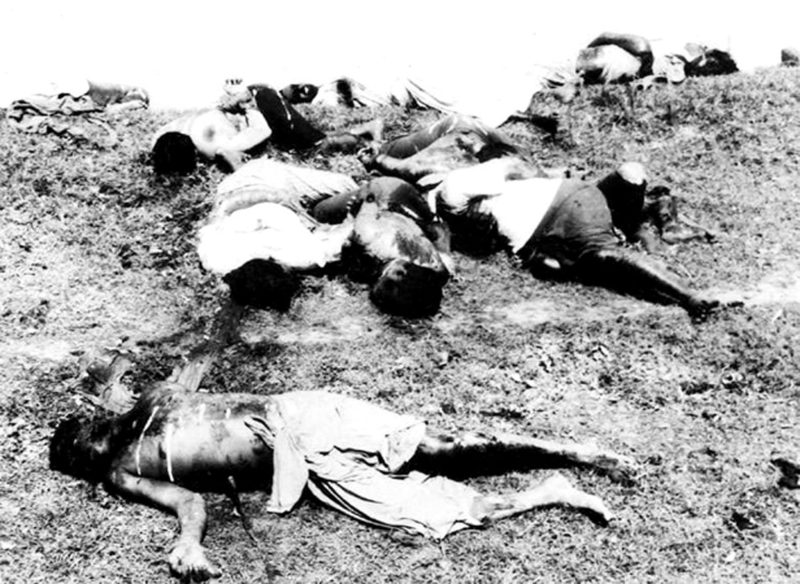
However, it was Trujillo’s vicious lust that pit him directly against the Mirabals. Throughout his reign, Trujillo employed scores of “beauty scouts” to scour the countryside for young girls — often very young — for him to romance, kidnap, and/or rape. One such mission resulted in him inviting forcing the Mirabals to come to one of his parties. Minerva soon realized that she was his target, and politely turned down his entreaties. When he forced the issue, she slapped him in the face, gathered her family, and got the hell out of dodge.
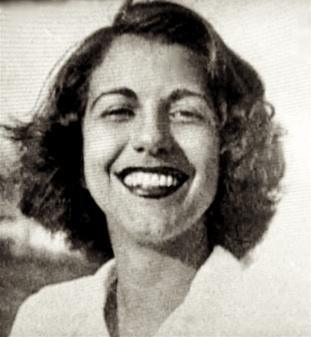
Minerva Mirabal
Thereafter, Minerva struggled as Trujillo personally toyed with her life. Despite being a brilliant student, upon starting her second year at law school, Minerva found she was barred from classes until she gave a public speech extolling Trujillo’s virtues. When she graduated years later — summa cum laude no less — the government denied her the license to practice law.
Minerva’s parents were not spared, either. Shortly after Minerva first refused Trujillo’s advances, her father was imprisoned. After a period of brutal treatment, he was released, only to die shortly thereafter. Some time later, Minerva and her mother, on a visit to the capitol of Santo Domingo, were kept as virtual prisoners in their hotel. Minerva learned that if she slept with Trujillo, they would be released. She refused. Eventually she and her mother escaped.
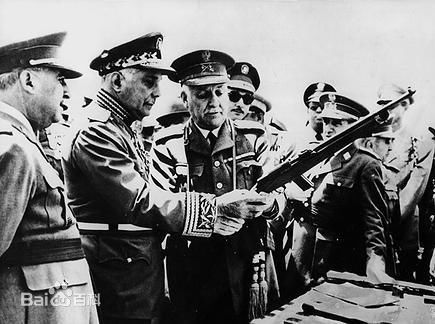
Gradually, Trujillo’s wrath also turned Patria, Maria Teresa, and their husbands into activists. With the Mirabal family finances ruined by Trujillo’s meddling, and the family’s every word monitored2, the entire Mirabal clan were primed for transformation. The final push into all-out rebellion came after a failed attempt by exiled Dominicans to oust Trujillo. The Mirabals decided to continue the work3. They distributed pamphlets, gathered materials for weapons, and even made makeshift bombs out of firecrackers around Minerva’s kitchen table. Collectively the three activist sisters became known by the codename Las Mariposas (the butterflies).
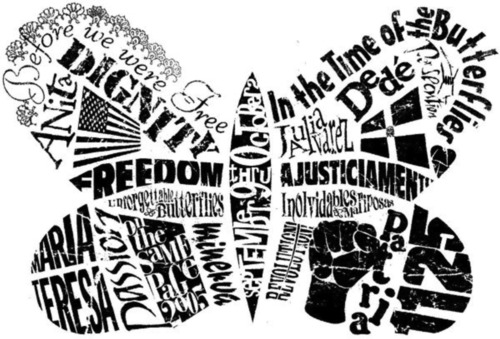
When their attempt to assassinate Trujillo at a 1960 cattle fair was exposed, the entire group was thrown in jail. Due to international pressure stemming from some of Trujillo’s dumber moves4, the women were quickly released. When Trujillo’s political fortunes continued to worsen — despite all the male conspirators being imprisoned — he began to blame the Mirabal sisters for all his problems. And so he ordered them killed.
The assassination of the Mirabals was a clumsy, brutal affair. First, Trujillo transferred their jailed husbands to a remote jail that required travel across a mountain range. The three activist sisters knew this was a trap — their friends begged them not to visit their husbands — but they did so anyways. And true enough, when they did, secret police ambushed their jeep in the mountain pass. Knowing their ends were at hand, Patria ran to a nearby truck, told the driver who they were and that they were about to get killed, and to spread the word. The truck quickly sped off.
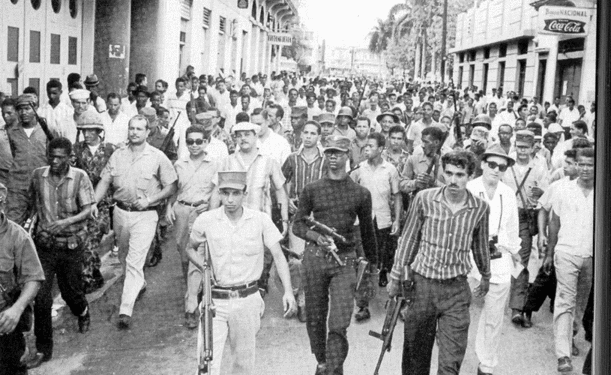
The three activist Mirabal sisters were killed shortly thereafter. The secret police strangled and beat them, then put them back into the jeep and threw it over a cliff, to make it look like an accident — despite clear fingerprints all over the vehicle, and the obvious trauma on the Mirabals’ bodies.
The Mirabals’ deaths served as a catalyst for overthrowing Trujillo — six months later, military leaders assassinated him. Although many factors were at play in Trujillo’s downfall, in the words of one historian, “the cowardly killing of three beautiful women in such a manner had greater effect on Dominicans than most of Trujillo’s other crimes… It did something to their machismo. They could never forgive Trujillo this crime.”
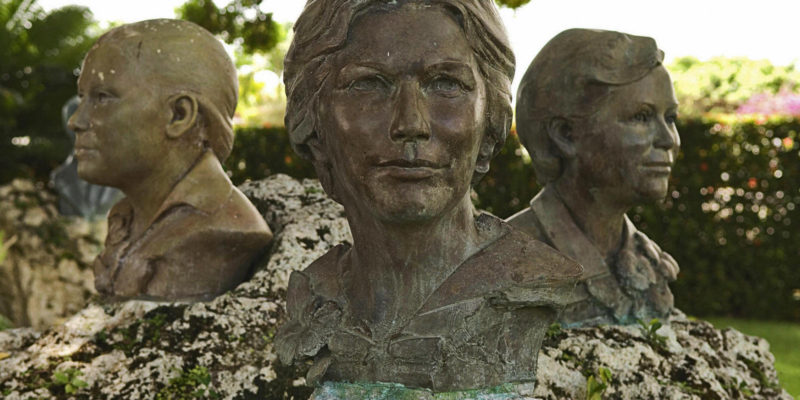
Busts of the Mirabal sisters at the museum in the village of Salcedo, 150 km north of Santo Domingo on June 10, 2008. The Mirabal sisters were assasinated in 1960 during the dictatorial regime of Leonidas Trujillo.
In the years following, the Mirabal sisters have become hallowed icons for the Dominican Republic. Dede — the sister who had not participated as actively, and survived Trujillo’s reign — raised her late sisters’ children, many of whom entered the government5. Virtually all Dominican towns today bear some commemorative marker, school, or street bearing the names of the Mirabal sisters. Their home province was even renamed Hermanas Mirabal — an ironic inversion of Trujillo’s renaming the capitol city Ciudad Trujillo (a name that did not stick).

Gradually, their fame spread internationally. In 1994, novelist Julia Alvarez commemorated their story with her historical fiction novel In the Time of the Butterflies, which imagined much of the smaller details of their story that were lost to time. In 2001, the book was adapted into a movie of the same name starring Salma Hayek. And on every November 25th — the date of their assassination — the world celebrates the UN-designated International Day for the Elimination of Violence Against Women, in their honor.
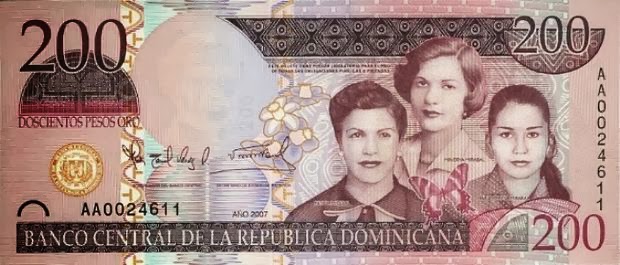
- Including people from other countries. Notably, he once unsuccessfully tried to kill Venezuelan president Romulo Betancourt with a car bomb. When that plot was revealed, many of his international allies, including the United States, turned on him. ↩
- Once a traveling car salesman tried pitching Minerva a car by saying that Trujillo himself owned one. She replied “all the more reason not to own one” – and was reported. At a later dinner, she declined to toast Trujillo’s health, and was again reported. Trujillo had created an atmosphere of betrayal and suspicion that pervaded the entire country. ↩
- This attempt, the Luperion Invasion, was made by the Dominican Liberation Movement on June 14, 1959. Trujillo’s troops slaughtered the expat-led troops in the northern towns of Costanza, Maimon, and Estero Hondo. Following that, Minerva’s husband Manolo Tavares helped organize the 14th of June Movement, of which he served as president, to further these goals. This was also the jumping-on point for Patria. Maria Teresa joined earlier, due to her extreme fondness of Minerva and attendant hatred of Trujillo. ↩
- The aforementioned attempted assassination of the Venezuelan president. ↩
- Minerva’s daughter became the Under Secretary of Foreign Relations, and Dede’s son the Vice President. ↩
source: http://www.rejectedprincesses.com/princesses/the-mirabal-sisters

